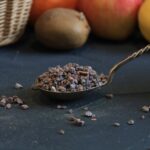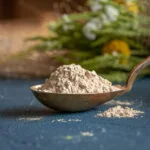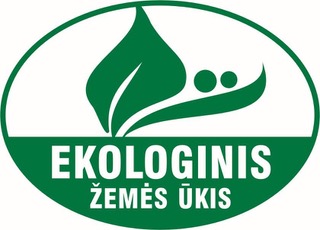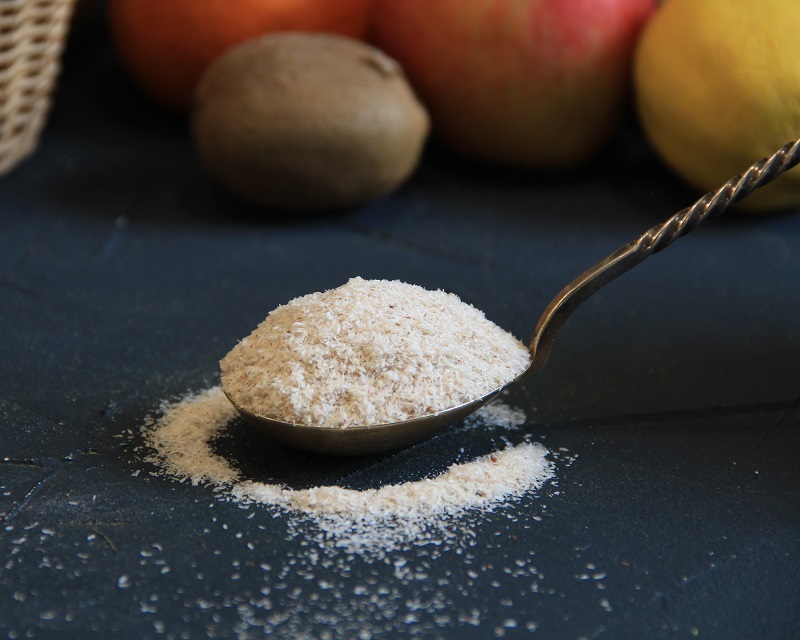

Organic Psyllium Husk seed husks
From 1.95€


Organic Psyllium Husk seed husks are derived from the seeds of the Plantago ovata plant, which grows in western Asia and the Mediterranean region. The plant has been cultivated for centuries for medicinal and dietary purposes. The name ‘psyllium’ is derived from the Greek word ‘psulla’, which means ‘flea’, referring to the small flea-like seeds of the plant.
The health benefits of St John’s Wort have been used since ancient times. It has been recognised for its digestive-enhancing properties and its seeds and husks have often been used to alleviate various gastrointestinal problems. Over time, it has become popular in various parts of the world, as studies have shown that it can support digestive health.
Today, the use of milk thistle is popular in various forms, including whole seeds, husks and powder. They have been recognised for their multiple health benefits.
The psyllium husk white plantain are an excellent source of soluble fibre. They absorb water well and form a gel-like substance in the digestive tract to help with regular bowel movements. This can be particularly helpful for those who suffer from constipation.
The soluble fibre in the psyllium husk promotes satiety, which can help curb appetite and reduce calorie intake.
Attention
In some people, the psyllium husk may cause gas, bloating or stomach cramps, especially if taken in large quantities or without enough water.
Rarely, people may be allergic to the seed hulls of the seeds of the white-headed plantain, and may experience symptoms such as itching, hives or difficulty breathing.
The psyllium husk may interfere with the absorption of certain medicines, so it is very important to take them separately from any prescription medicines.
This product is intended for adults.
Use of
To relieve constipation, take the husk of the seeds of the white-headed plantain with plenty of water, as the fibre absorbs moisture in the intestines.
About 5 g three times a day with a glass of water is recommended.
The psyllium husk may help with diarrhoea when taken with less water. 3-4 g three times a day is recommended.
The most common use of the psyllium husk is as a dietary fibre supplement. They can be mixed with water or added to smoothies, yogurt, porridge or oatmeal.
The recommended daily intake is 5-10 g, or 1 tablespoon.
Sources:
https://www.medicalnewstoday.com
https://www.verywellhealth.com
NOTE. The information contained herein should not be construed as a recommendation for treatment or other health issues. We encourage you to make personal decisions about your personal health, taking into account a wide range of sources of information.
Organic psyllium husk (Plantago ovata) seed husks 100%
Energy 730 kJ / 182 kcal
Fat: 0 g
- of which saturates: 0 g
Carbohydrates: 0 g
- of which sugar: 0 g
Figures: 86 g
Protein: 1.3 g
Salt: 0,08 g
Store in a cool, dry place out of the reach of children.

